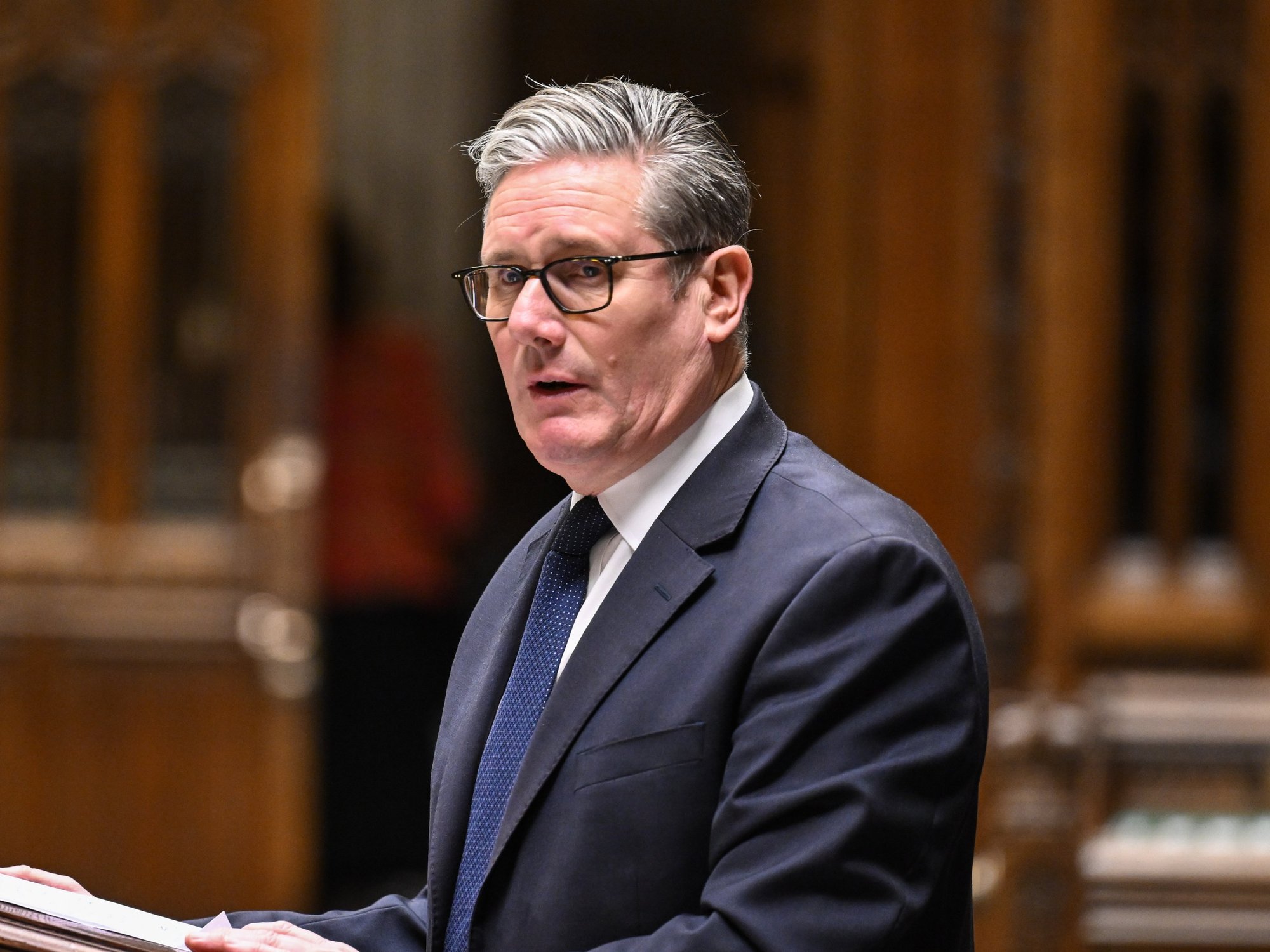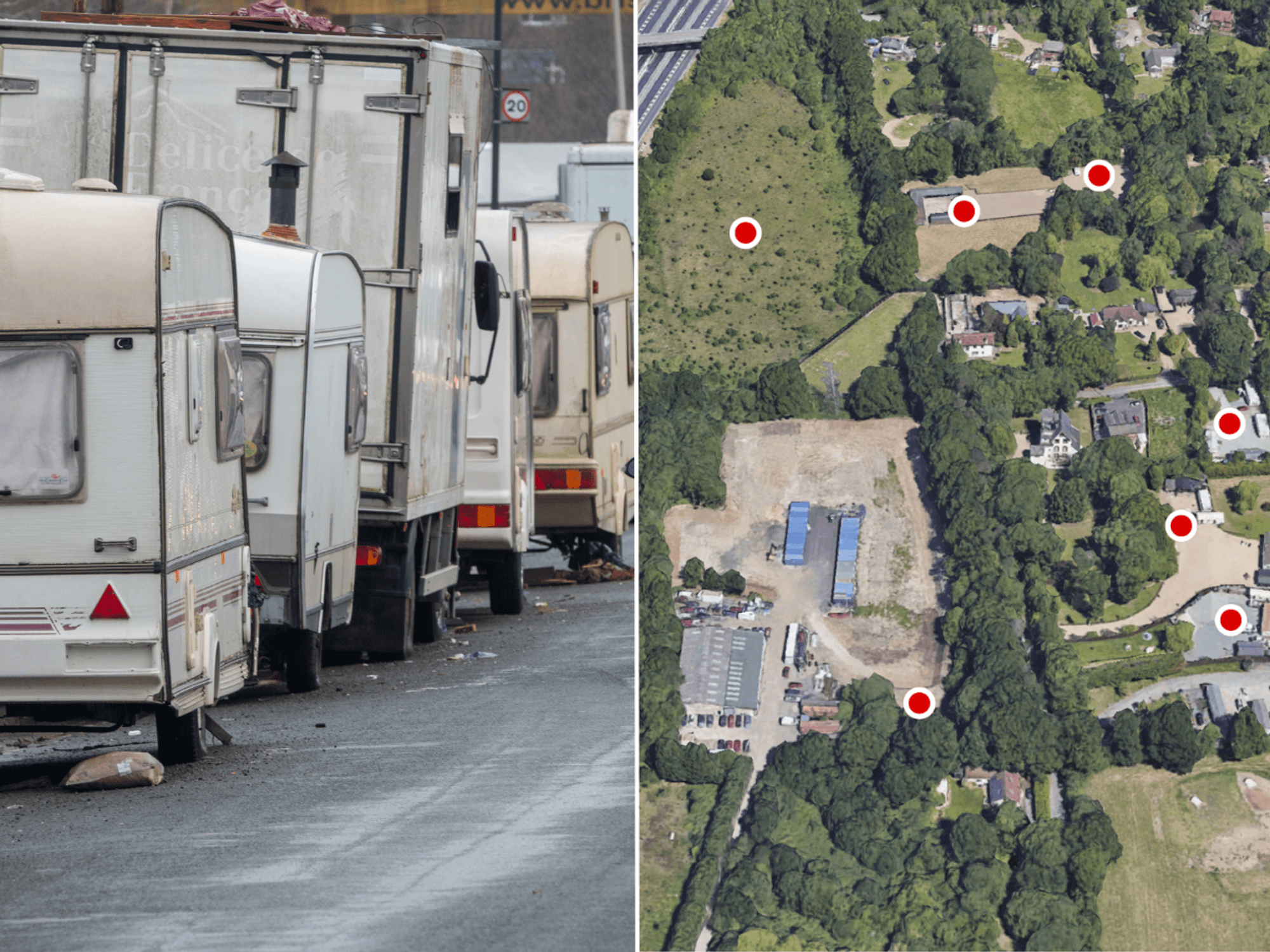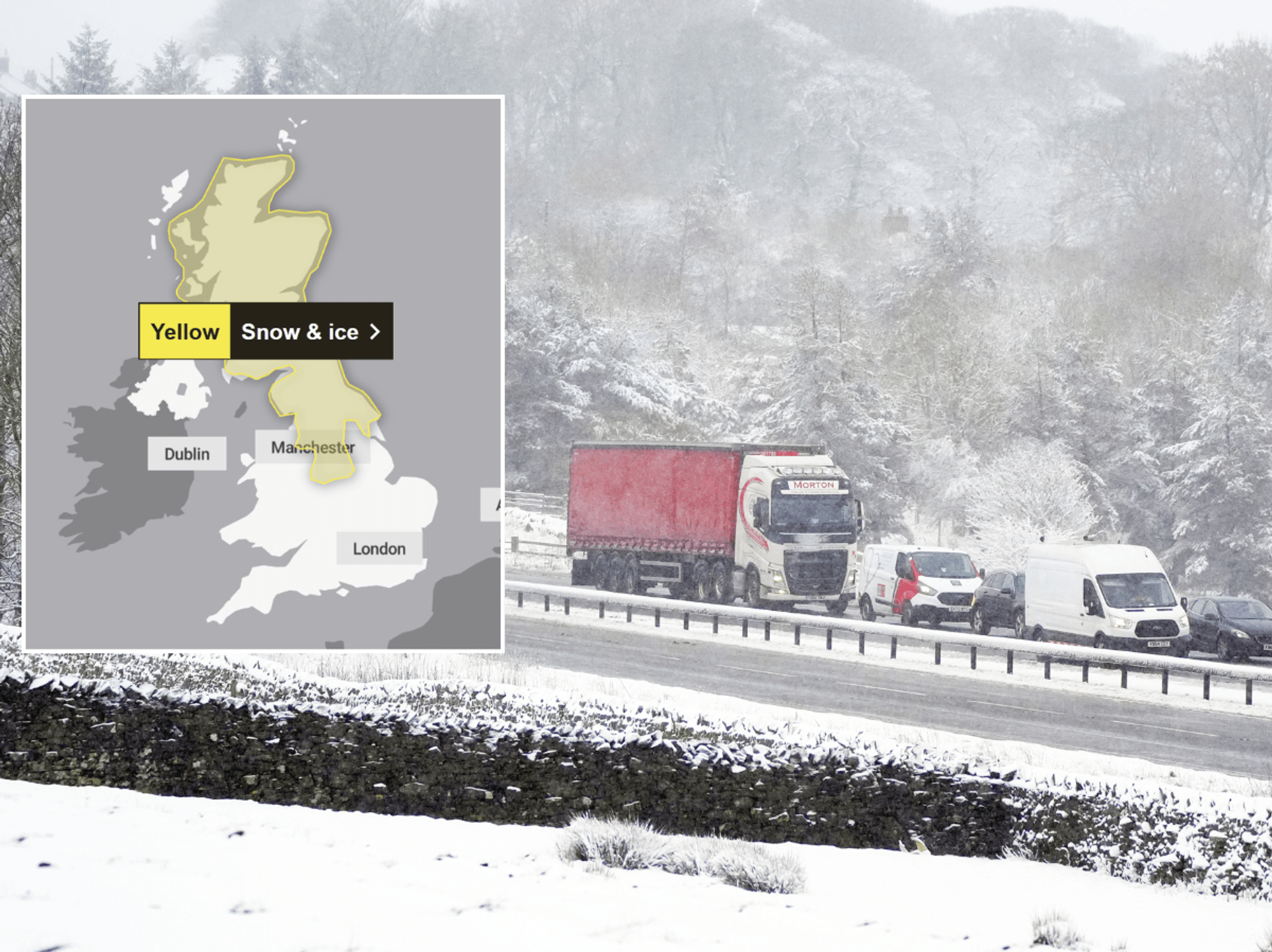Major UK city could introduce new road charging as part of new fundraising plans - 'Prove more impactful'

Glasgow City Centre has proposed road charging as an alternative to the Workplace Parking Levy
Don't Miss
Most Read
A major UK city has backed down from its proposed Workplace Parking Levy in favour of new road charging, which could see motorists face hefty charges.
Glasgow City Council has decided not to proceed with its parking plan following widespread opposition from commercial organisations and residents.
The council acknowledged the insufficient support for the initiative, which would have imposed a £500 fee on each workplace parking space.
**ARE YOU READING THIS ON OUR APP? DOWNLOAD NOW FOR THE BEST GB NEWS EXPERIENCE**
The proposal would have marked Scotland's inaugural Workplace Parking Levy, requiring organisations to secure licences for parking facilities provided to employees and visitors.
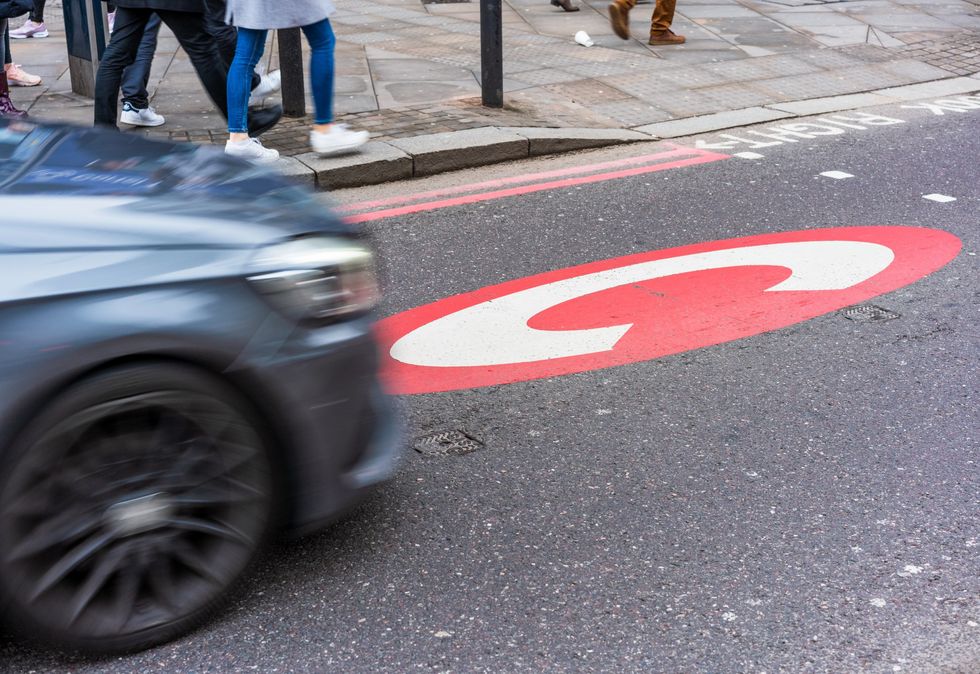
Glasgow City Centre revealed that road charging would make a difference to the revenue coming in
|GETTY
The abandoned plan had aimed to generate an estimated £8million yearly, with proceeds earmarked for sustainable transport initiatives.
However, the council has concluded that pursuing different revenue-raising measures would better serve Glasgow's objectives.
The proposed levy would have functioned by obligating businesses and workplaces to acquire licences for parking provisions offered to personnel and guests.
Licence fees would have been calculated according to the quantity of available spaces, with employers bearing financial responsibility rather than individual workers.
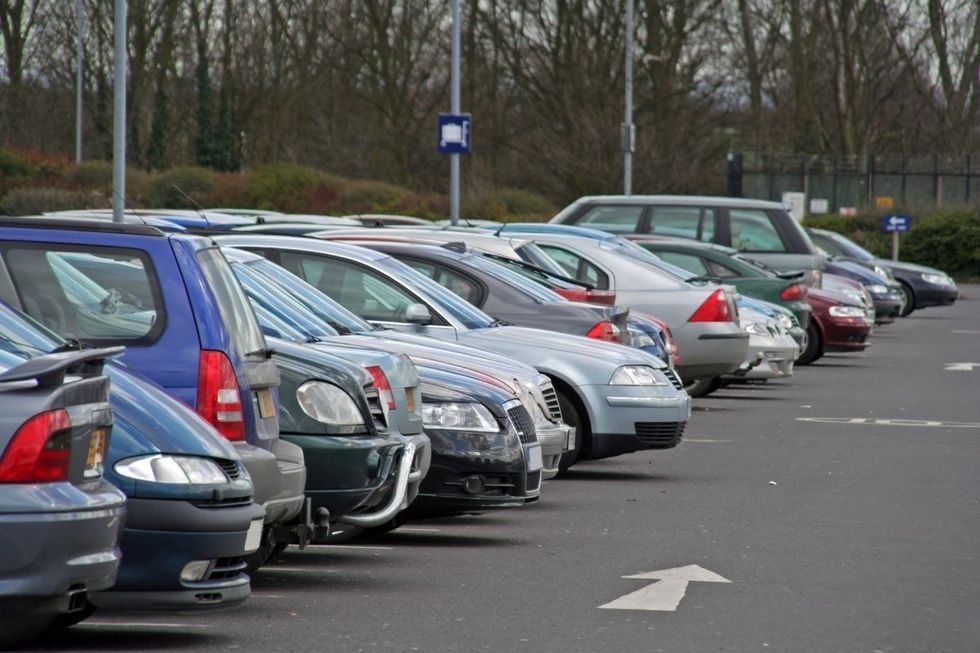
The council has backed away from previous plans to introduce a Workplace Parking Levy
| GETTYOrganisations would have retained the option to recover partial or complete costs from their staff members.
These funds were designated for investment in sustainable transport schemes. Certain exemptions and reductions were under consideration for specific vehicle categories, including emergency services, delivery vehicles and infrequent business visitors.
The council's report revealed that extensive discussions with various stakeholders, including adjacent local authorities, healthcare and educational institutions, retail enterprises and public transport providers, failed to generate adequate backing.
Glasgow Chamber of Commerce expressed "explicit opposition" to the initiative during these consultations.
LATEST DEVELOPMENTS:
- DVLA to ban elderly drivers from UK roads for poor eyesight as tougher rules impact millions
- M6 chaos: Drivers warned of severe delays near Birmingham Airport as HGV fire causes hours of congestion
- Drivers fume as major motorway shuts this weekend sparking calls for Labour to axe 'hugely' disruptive scheme
Officials stated: "From the engagement undertaken, it is clear there is limited commercial and public appetite for a [workplace parking] scheme in Glasgow at this time."
The report acknowledged that while the levy could potentially promote shifts towards alternative transport modes and produce modest income for sustainable transport projects, other approaches might deliver greater impact.
The recommendations will be presented to councillors at the economy, housing, transport and regeneration city policy committee meeting scheduled for next week.
But council documents have worryingly indicated that road user charging initiatives might achieve these objectives more successfully than the Workplace Parking Levy.
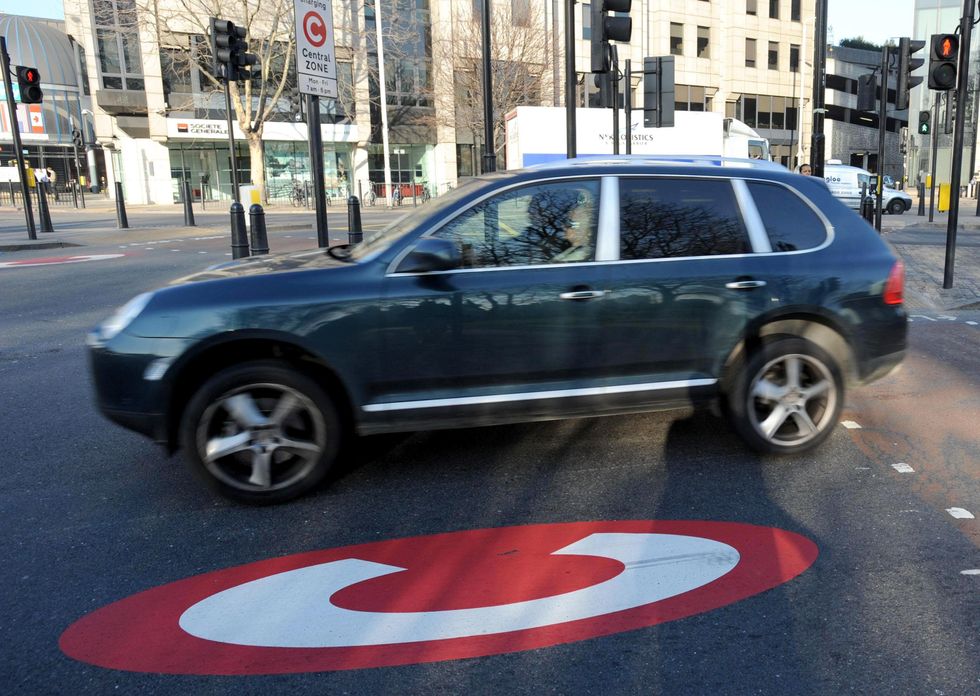
Glasgow City Council has revealed it is looking at road charging options
| PAThe report suggested: "While a WPL scheme has the potential to encourage modal shift and generate relatively modest revenues to support sustainable transport interventions, it is considered that alternative options such as initiatives utilising local road user charging powers may prove more impactful in achieving these aims."
Resources previously allocated to developing the parking levy will now be redirected towards investigating these substitute measures.
City treasurer Ricky Bell emphasised that Glasgow requires income-generating solutions tailored to its specific circumstances.
He stated that a Workplace Parking Levy "doesn't really stack up very well for us" and advocated for alternatives that would deliver more substantial financial benefits. Bell identified tourist taxes, congestion charging and tunnel tolling as "the big ones that would make quite a difference to the amount of money we get."






